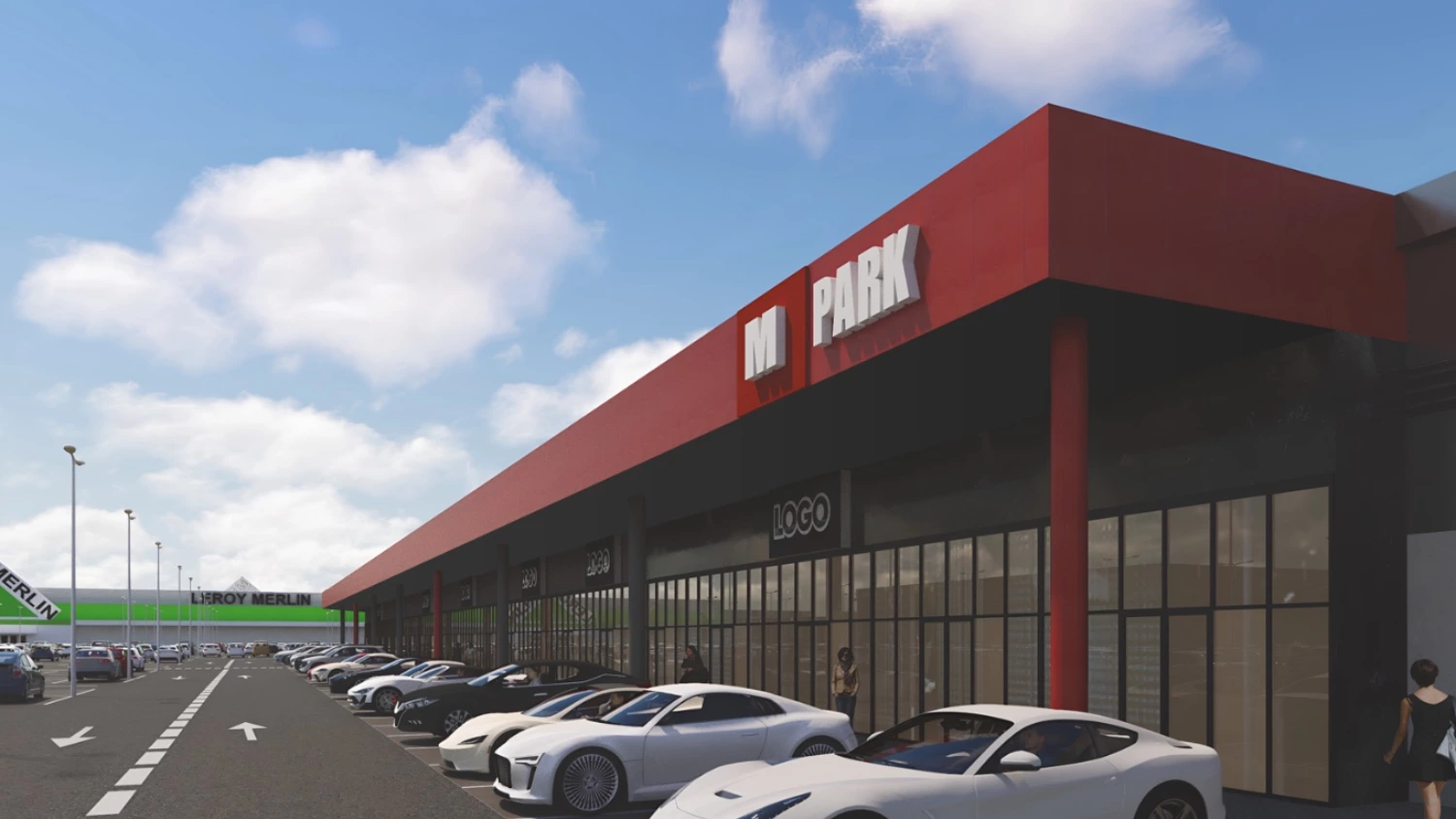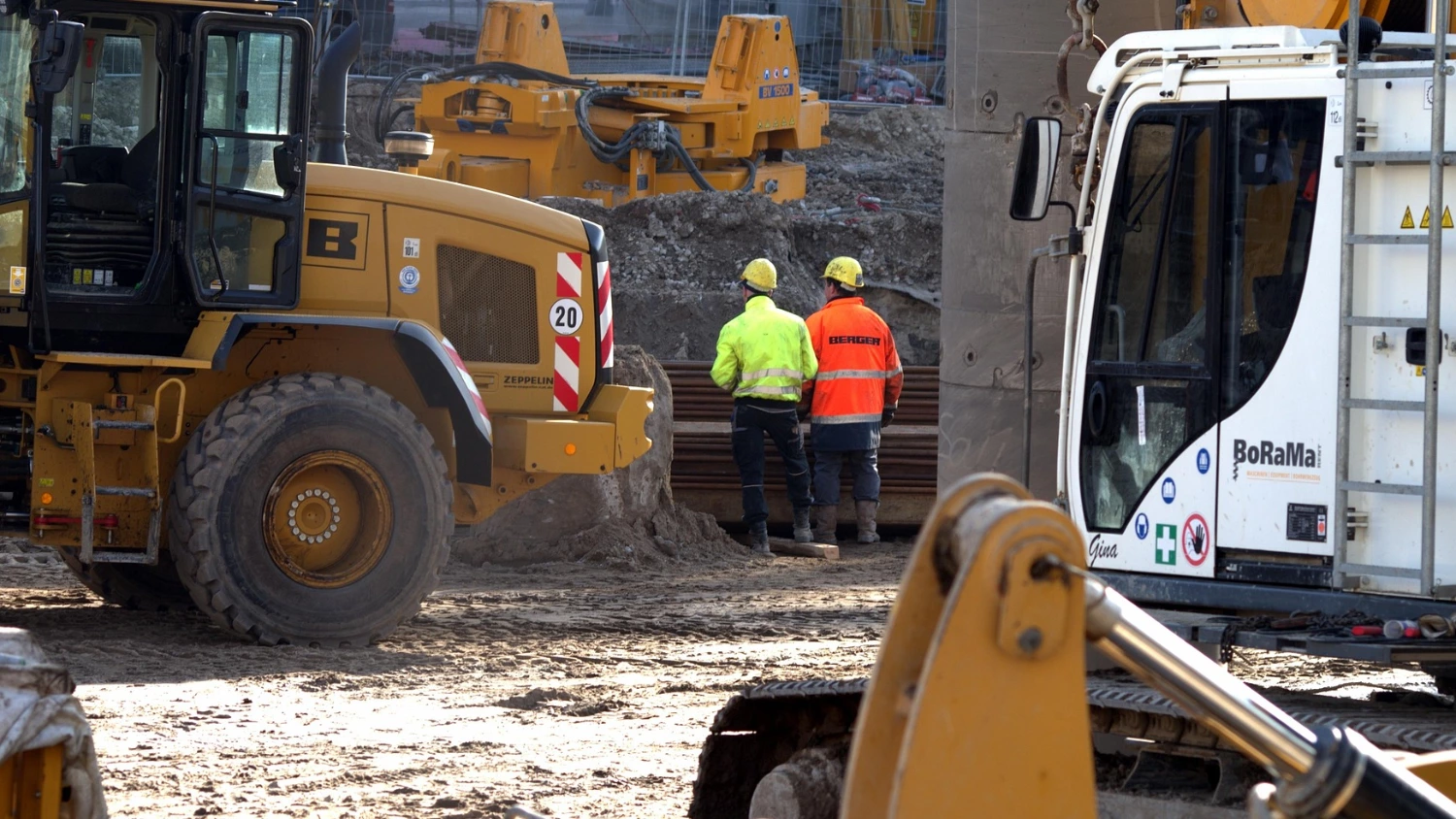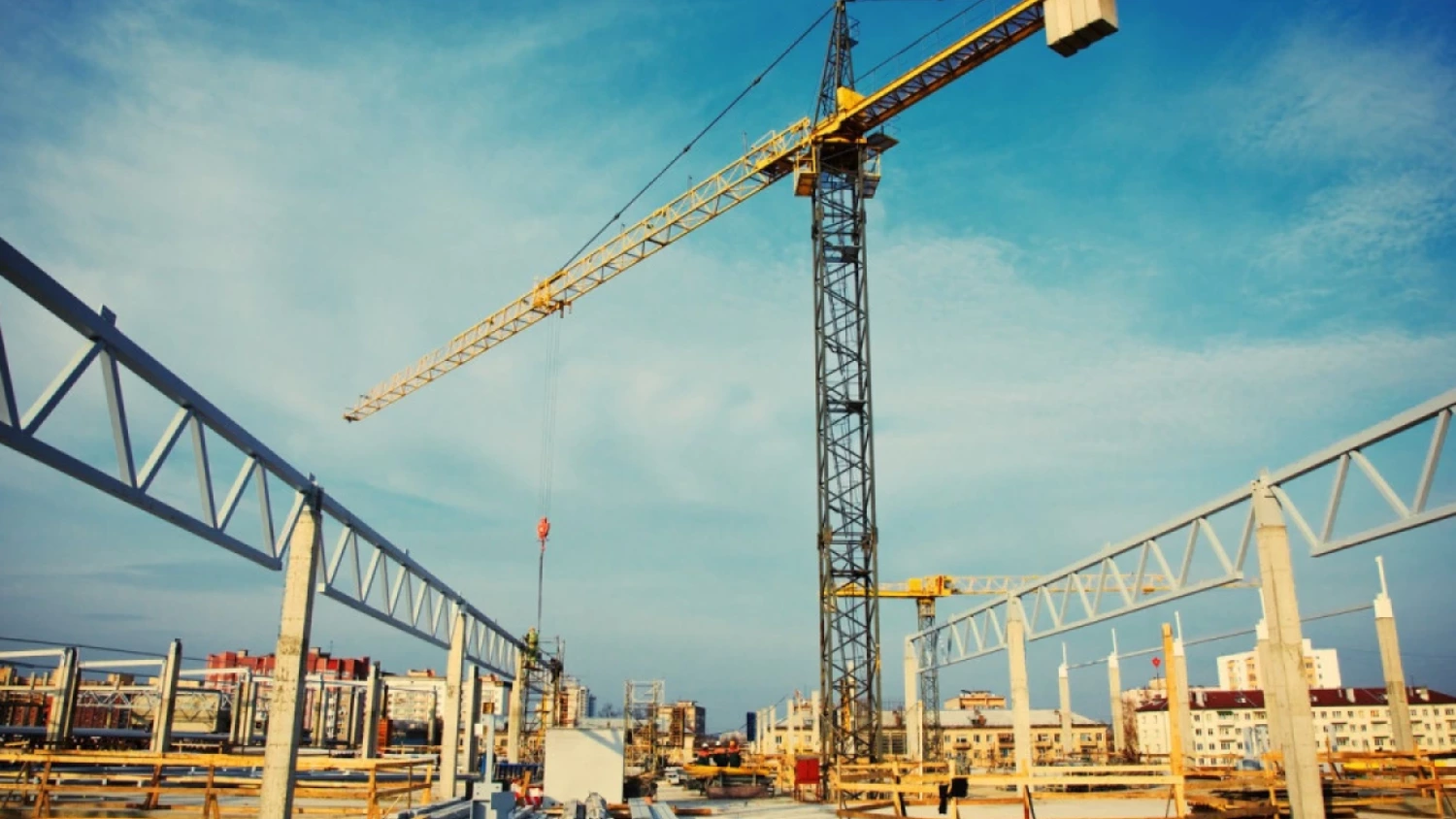In the first eight months of 2025, construction work volume was approximately 58% higher than the same period in 2019, increasing the sector's GDP share from below 6% to nearly 8%. "This is the highest share in the European Union, driven largely by infrastructure investments, as well as private projects in the residential and commercial segments," explains Alexandru Atanasiu, Board Member & Head of Construction Services at Colliers. He notes that the 250 kilometres of motorway opened last year would be equivalent, relative to the country's size, to inaugurating around 10,000 kilometres in China.
However, challenges persist as economic uncertainty and fiscal pressures affect both residential developers and infrastructure projects. Delays in financing and difficulties absorbing EU funds are slowing progress. The government's target of opening 200-300 kilometres of new motorways appears increasingly difficult to achieve, with Colliers estimating around 100 kilometres could be completed by year-end in an optimistic scenario.
"The fact that last year's motorway openings were proportionally on par with China's construction pace, while this year we're seeing a downturn again, is alarming for the industry," warns Silviu Pop, Director CEE & Romania Research at Colliers. He emphasises that another slowdown would mean losing momentum built over several years, with ripple effects across investments and related industries.
Market participants fear cashflow instability and potential payment delays amid economic slowdown and EU funding issues. In the first eight months of 2025, engineering works increased 12% year-on-year, residential building work advanced 10%, and non-residential buildings recorded 6% growth.











